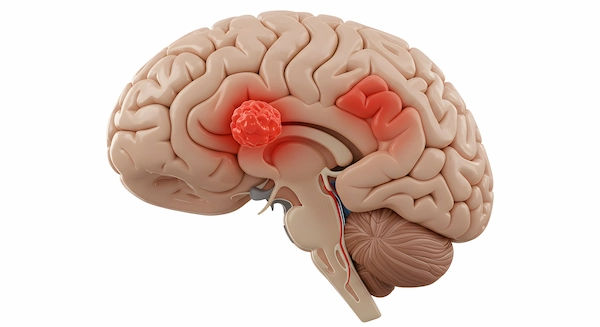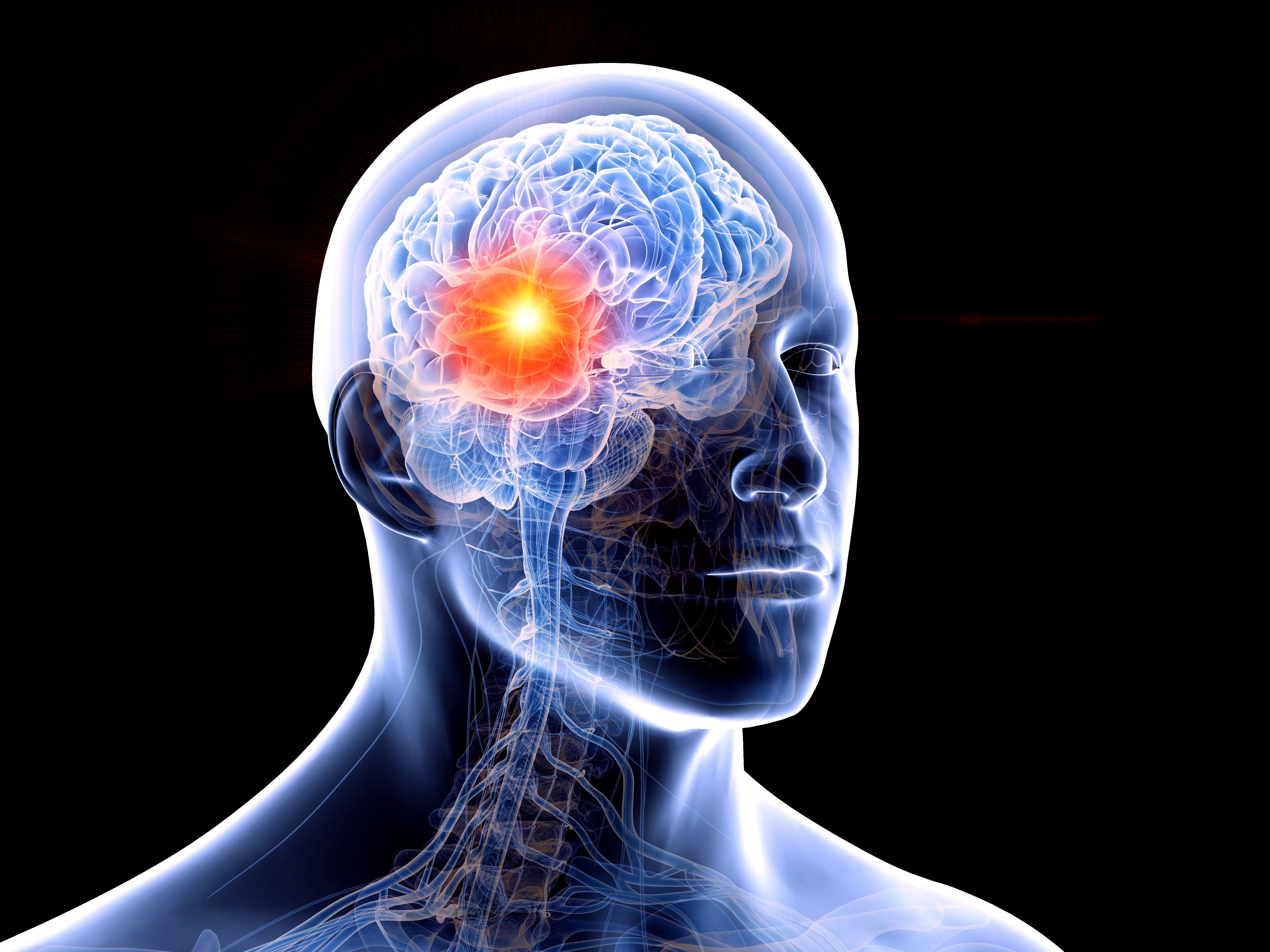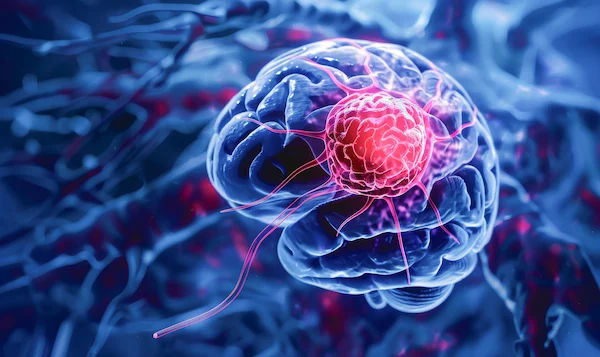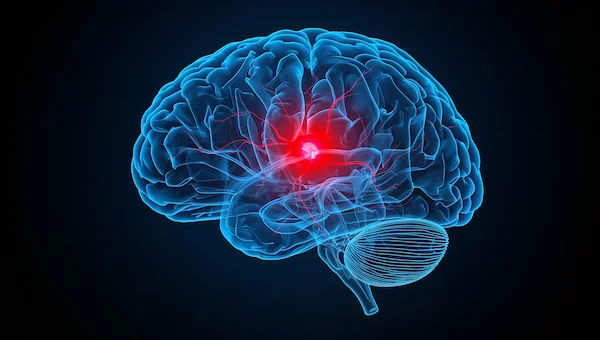How Long Does Brain Surgery Take To Remove Tumour?
Learn how long brain tumour surgery may take, what happens during the procedure, and what recovery might involve.

Written by Dr. Mohammed Kamran
Reviewed by Dr. Dhankecha Mayank Dineshbhai MBBS
Last updated on 13th Jan, 2026

Introduction
Brain surgery is a complex and delicate procedure, especially when it involves removing a tumour. If you or a loved one is scheduled for brain tumour surgery, you may have questions about how long the procedure takes, what to expect, and how recovery works. This article aims to provide clear, compassionate, and helpful information to guide you through this challenging time.
Understanding Brain Tumour Surgery
Brain tumour surgery, also known as a craniotomy, involves removing abnormal growths in the brain. The duration of the surgery depends on several factors, including:
Type and size of the tumour
- Location of the tumour, especially if it is near vital brain areas
- Whether the tumour is benign or malignant
- Surgical method used, such as traditional open surgery or minimally invasive approaches
- Overall health and medical history of the patient
Consult Top Specialists for Personalised Health Advice
How Long Does the Surgery Typically Take?
On average, brain tumour removal surgery can take anywhere between 4 to 12 hours, but in some cases, it may take longer. Here’s a general breakdown:
- Simple, small tumours in accessible areas: 4–6 hours
- Moderate-sized tumours or those in tricky locations: 6–8 hours
- Large or complex tumours like near critical brain structures: 8–12+ hours
- Some minimally invasive procedures, like endoscopic or laser ablation surgeries, may take less time (2–4 hours).
What Happens During Brain Tumour Surgery?
The surgery typically unfolds in three main stages: preparation, the actual procedure, and closure.
1. Preparation (1–2 hours before surgery)
Before the procedure begins:
- You’ll be given anaesthesia to ensure you’re asleep and pain-free.
- Your head may be shaved partially, and the surgical area is cleaned.
- Advanced imaging (MRI/CT scans) helps guide the surgeon.
2. Surgery (varies based on complexity)
During the main procedure:
- The surgeon makes an incision in the scalp and removes a small piece of skull (bone flap) to access the brain.
- Using specialised tools, the tumour is carefully removed while protecting healthy brain tissue.
- In some cases, intraoperative MRI or neuro-navigation helps ensure complete tumour removal.
3. Closing Up (1–2 hours)
Once the tumour is removed:
- The bone flap is replaced or sometimes left out if swelling is expected.
- The incision is closed with stitches or staples.
- Recovery After Brain Surgery
- Recovery from brain surgery often begins in the hospital and may continue for several weeks or months at home.
- Hospital Stay: Typically 3–7 days, depending on recovery progress.
- ICU Monitoring: The first 24–48 hours may be in the ICU to watch for complications.
- Full Recovery: Can take weeks to months, with gradual return to normal activities.
Tips for a Smoother Recovery
Following your healthcare provider’s advice after surgery may improve your comfort and speed up healing.
1. Follow Doctor’s Instructions – Take prescribed medications and attend follow-ups.
2. Rest & Gradual Activity – Avoid heavy lifting or strenuous tasks initially.
3. Healthy Diet & Hydration – Supports healing and brain function.
4. Physical & Cognitive Therapy – Helps regain strength and mental sharpness if needed.
5. Watch for Warning Signs – Fever, severe headaches, or confusion should be reported immediately.
When to Consult a Doctor
It’s important to seek medical advice promptly if you or a loved one experiences:
- Persistent headaches
- Seizures
- Memory problems
- Weakness or numbness
- Vision or speech difficulties
Final Thoughts
Brain tumour surgery is a major procedure, but advancements in medical technology have made it safer and more effective. The duration varies, but a skilled neurosurgeon will ensure the best possible outcome. Stay informed, follow medical advice, and take recovery one step at a time.
Suppose you suspect a brain tumour or need a second opinion, Apollo 24|7 offers expert neurosurgical consultations and advanced diagnostic tests. You can book an appointment online for a seamless experience.
Consult Top Neurologists
Consult Top Specialists for Personalised Health Advice

Dr. Aditendraditya Singh Bhati
Neurosurgeon
21 Years • MBBS(2004), DNB Neurosurgery(2014); MNAMS; Fellow Skull Base Endoscopy (Italy), Fellow Extended Skull Base ( Weill Cornell, USA), Fellow ZAP-X Radiosurgery. Member of American Association of Neurological Surgeons
Delhi
Apollo Hospitals Indraprastha, Delhi
(100+ Patients)

Dr. Ganeshgouda Majigoudra
Neurologist
10 Years • MBBS, MD ( GENERAL MEDICINE) DM (NEUROLOGY)
Bengaluru
Apollo Clinic, JP nagar, Bengaluru

Dr. E Prabhakar Sastry
General Physician/ Internal Medicine Specialist
40 Years • MD(Internal Medicine)
Manikonda Jagir
Apollo Clinic, Manikonda, Manikonda Jagir
(150+ Patients)
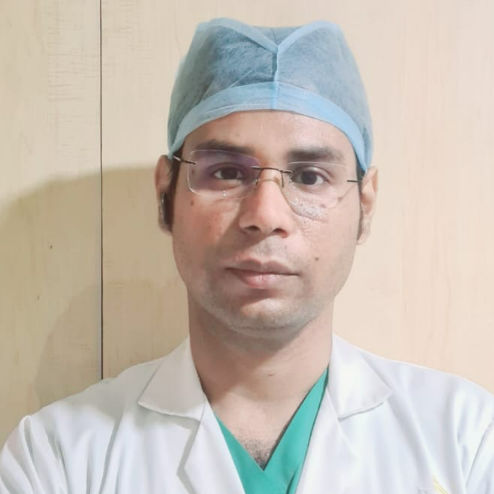
Dr Debnath Dwaipayan
Neurosurgeon
9 Years • MBBS, MS(Gen. Surgery), DrNB (Neurosurgery)
Delhi
Apollo Hospitals Indraprastha, Delhi

Dr. Anusha D
Neurologist
16 Years • MBBS, MD, DM (Neuro), DNB (Neuro)
Chennai
Apollo Speciality Hospitals OMR, Chennai
(125+ Patients)
Consult Top Neurologists

Dr. Aditendraditya Singh Bhati
Neurosurgeon
21 Years • MBBS(2004), DNB Neurosurgery(2014); MNAMS; Fellow Skull Base Endoscopy (Italy), Fellow Extended Skull Base ( Weill Cornell, USA), Fellow ZAP-X Radiosurgery. Member of American Association of Neurological Surgeons
Delhi
Apollo Hospitals Indraprastha, Delhi
(100+ Patients)

Dr. Ganeshgouda Majigoudra
Neurologist
10 Years • MBBS, MD ( GENERAL MEDICINE) DM (NEUROLOGY)
Bengaluru
Apollo Clinic, JP nagar, Bengaluru

Dr. E Prabhakar Sastry
General Physician/ Internal Medicine Specialist
40 Years • MD(Internal Medicine)
Manikonda Jagir
Apollo Clinic, Manikonda, Manikonda Jagir
(150+ Patients)

Dr Debnath Dwaipayan
Neurosurgeon
9 Years • MBBS, MS(Gen. Surgery), DrNB (Neurosurgery)
Delhi
Apollo Hospitals Indraprastha, Delhi

Dr. Anusha D
Neurologist
16 Years • MBBS, MD, DM (Neuro), DNB (Neuro)
Chennai
Apollo Speciality Hospitals OMR, Chennai
(125+ Patients)
